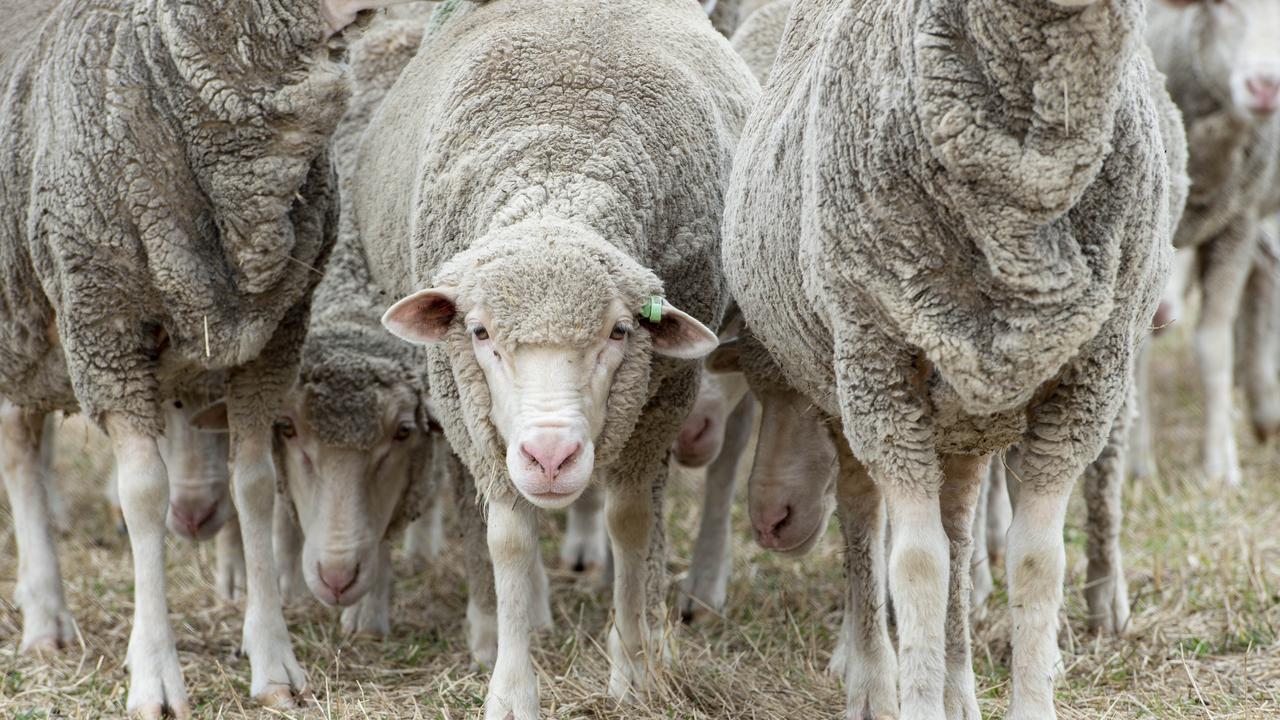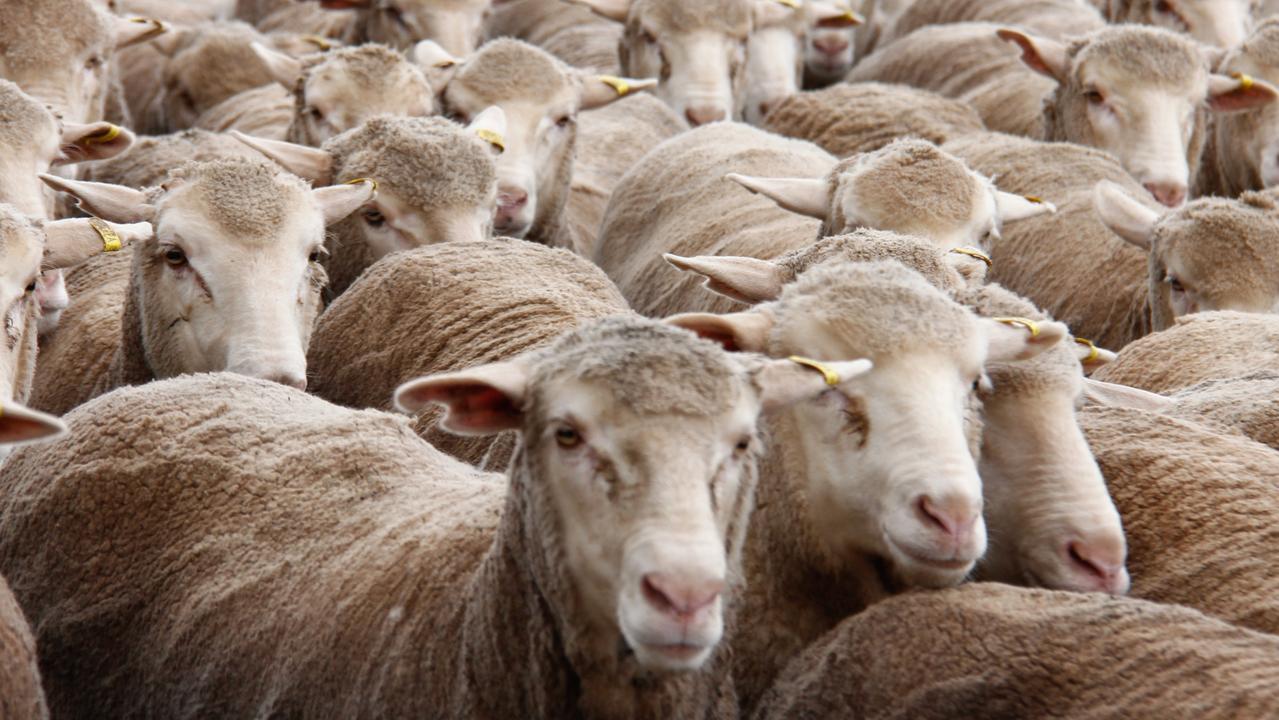Brazil beef banned from China due to mad cow disease
Global beef supplies will become even tighter after Brazil, the world’s biggest beef exporter, found mad cow disease at two of its meat plants.

China has banned imports from the world’s biggest beef exporter, Brazil.
This comes as the South American country’s ministry of agriculture confirmed over the weekend the two cases of atypical mad cow disease, or BSE — which occurs spontaneously — in two separate domestic Brazilian meat plants.
The suspension of Brazil’s beef exports to China is part of an agreed animal health pact, and the Chinese authorities now have the call on when imports can resume.
The two cases of mad cow disease are a major blow to Brazil, which sends 55 per cent of its exported beef to China.
China also depends on Brazil, with that country’s exports accounting for 37 per cent of China’s beef requirements.
Normally Brazil ships 71,000 metric tonnes of beef each month to China.
The ban — which may last days, weeks or months — will further tighten an already supply-short global protein market.
Global Agritrends analyst Simon Quilty said the bottom line was the discovery of the disease and subsequent bans would push up beef prices, globally.
Last week another major exporter, Argentina, also extended its current restrictions on its own exports.
Mr Quilty said the two situations in South America, combined with New Zealand exports being at a lower, off-season, ebb, and the fact that Australia’s beef exports were down almost 20 per cent compared to last year meant there was “not enough lean meat globally to meet the market’s needs”.
Brazil confirmed over the weekend the atypical mad cow cases were found at Minas Gerais and Mato Grosso.
In addition to its hefty China exports Brazil also exports around 12,000 tonnes of beef each month to Hong Kong, but so far no bans have been put in place by Hong Kong.
Mr Quilty said the reliance of China on South American supply was enormous.
“China’s two largest beef suppliers stumble to meet China’s needs,” he said.
“South America makes up 73 per cent of China’s total beef imports at an estimated three million tonnes this year.
“Argentina and Brazil make up 57 per cent of China import equation and Uruguay an additional 14 per cent.
“The end result is the lack of supply of lean meat has moved to another level.”
It also remains unclear which other countries will ban Brazilian meat in coming days.
“Either way, it is getting much harder for China to source beef,” Mr Quilty said.
“Even with US exports as strong as they are, the options for beef supply are getting less and the uncertainty around food security much greater. It all points to higher beef prices.”
For Australian producers, Mr Quilty said the global beef shortage “reinforced my view that prices here will peak in October-November and that this will add a further safety net around the cow and grass fed JapOx heavy steer category as there will be higher trim prices”.
In the medium to longer term, Mr Quilty said while it was unknown how long the ban would last, he expected to see prices lift in the next two or three weeks, and once the market had lifted, it would be “very difficult” to see prices pulled back.
The high demand period of Thanksgiving and Chinese New Year would also lift demand, so high prices were likely to continue.
On the length of the Brazil ban, Mr Quilty said a previous case of mad cow in Brazil in 2019 resulted in a 10 day ban from China, however a case in Ireland last year resulted in an ongoing ban from China, which is yet to be lifted.
This comes as Australian cattle prices continue on a winning streak due to short supplies as the drought rebuild continues and high demand.
Last week the local benchmark indicator price, the Eastern Young Cattle Indicator remains in record territory, but lost a little ground, down 31c/kg over the week to close on Friday at 997c/kg. This is still 219c/kg above where it sat 12 months ago.



